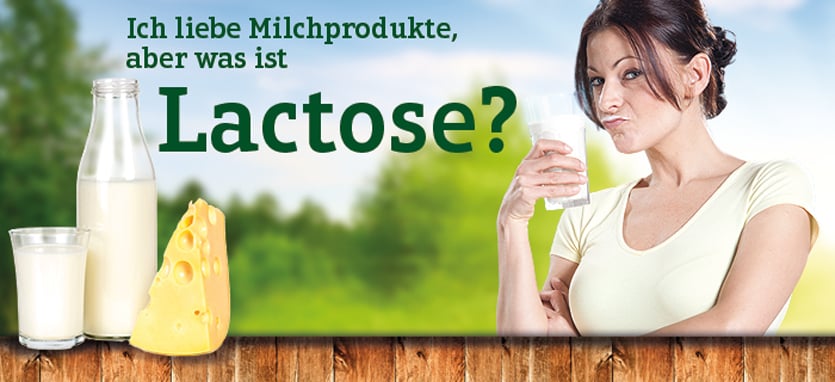
Lactose
What is lactose?
Lactose is a natural sugar that is present in cow’s milk and breast milk.
Lactose is obtained by a technical process (ultra-filtration, crystallisation and drying) from the whey of cow’s milk. This technology enables the production of a highly pure product.
As a sugar, lactose belongs to the carbohydrates group, as do fructose and glucose, for example. Lactose consists of two different sugar moecules, one molecule being galactose and the other being glucose.
In relation to conventional household sugar, lactose is split relatively slowly and can therefore reach deeper areas of the intestines, where it has a positive effect. Lactose gently regulates digestion.
Lactose is partially fermented in the intestines. The resulting lactic acid ensures healthy intestinal flora and simultaneously stimulates intestinal movement. Furthermore, lactose also promotes the intake of calcium and zinc from the intestine.
Lactose and BSE
According to todays knowledge, it has so far not been possible to transfer the BSE pathogen onto milk. There is therefore no need to worry about consuming milk or milk products.




